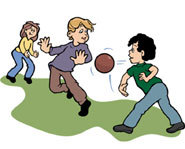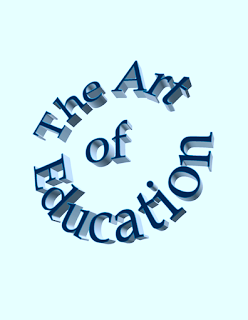TGIF: The Grade Is Final (but the learning continues)
A ll of us enjoy the feeling of having reached a concrete fixed goal. It provides a sense of accomplishment and, often, a welcomed boost of energy after an arduous task. Having worked hard, it is nice to take some time to recharge. If you are fortunate enough to receive recognition or rewards, that is fine too. Unfortunately, you will wake up soon after and realize that its time to either move on to your next accomplishment or continue working on your current projects. Students work hard, study, ask questions, and perform tasks or projects to demonstrate understanding (usually in the form of tests). Based on that work, teachers evaluate their work and (in most cases) assign a grade. That grade is either good, bad, or average. Based on the grade, students (and parents) react (happy, sad, disappointed, angry, elated, etc.). The grade, like the reward or recognition, takes center stage for awhile. Until, soon after, the student realizes that on Monday morning they will be bac






